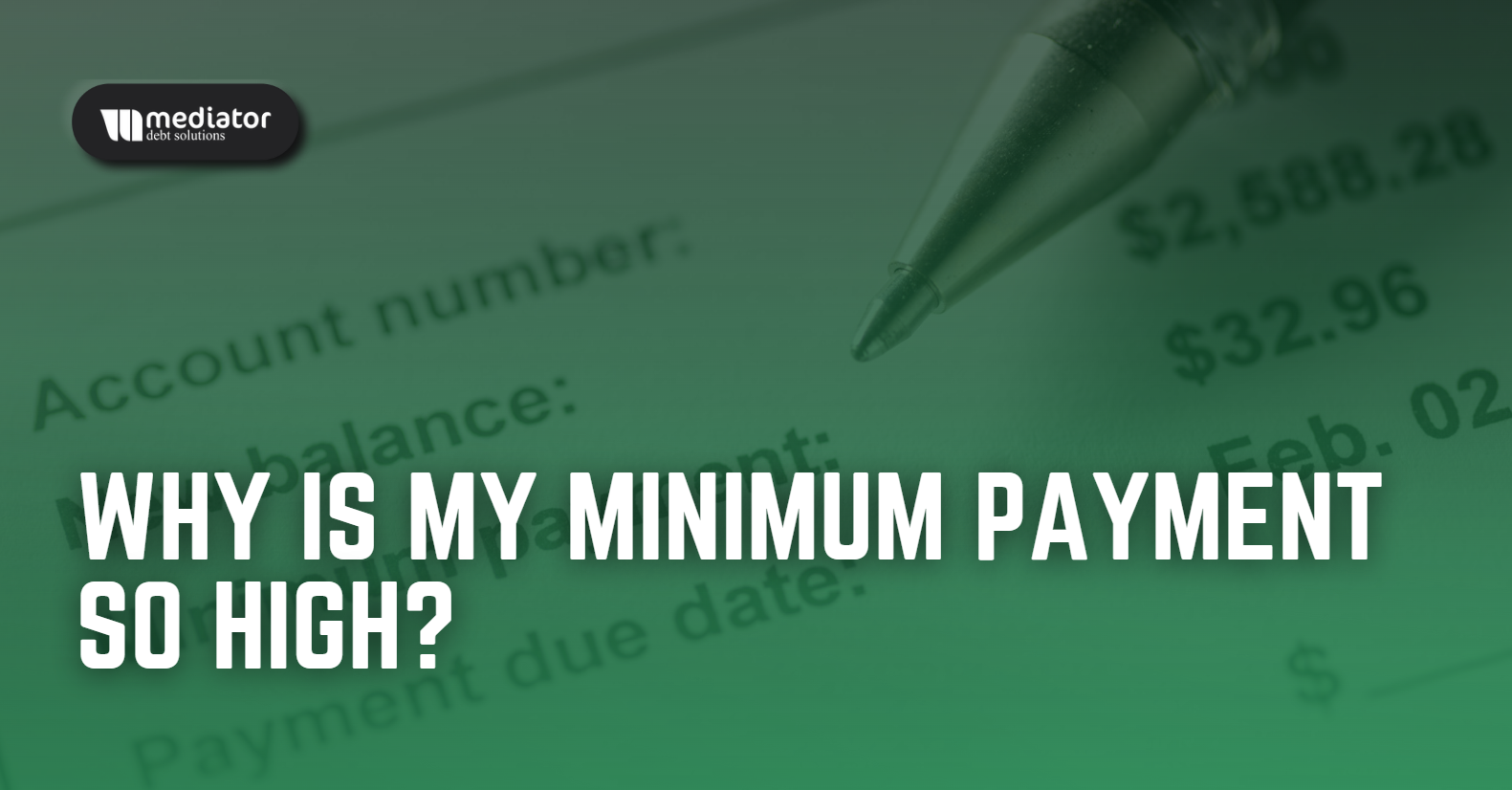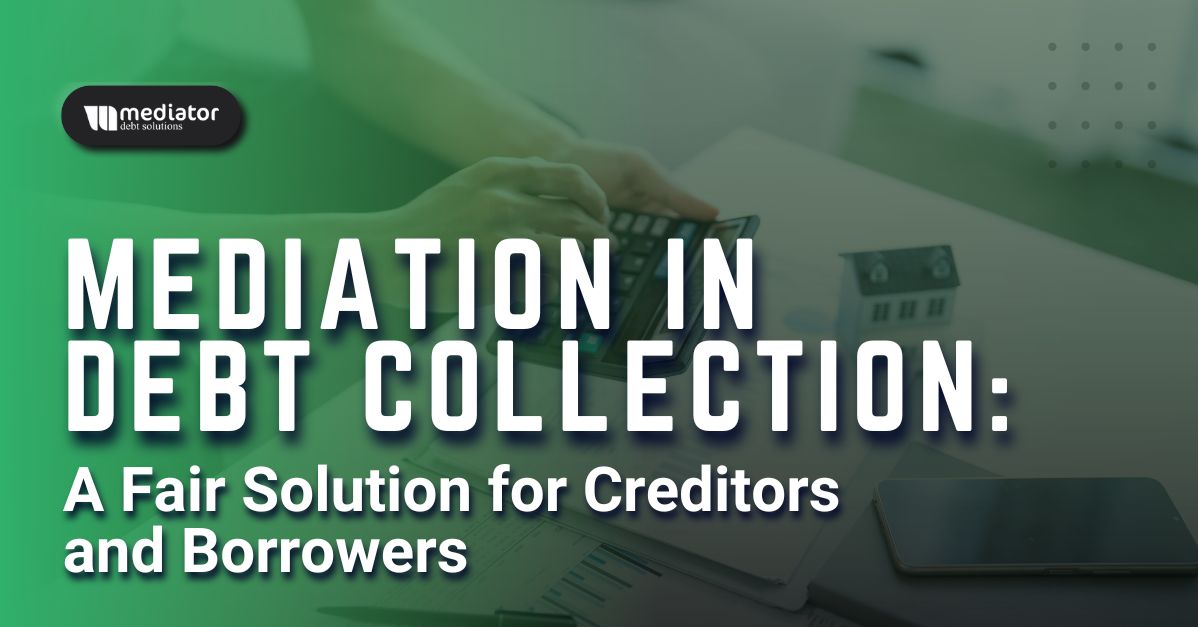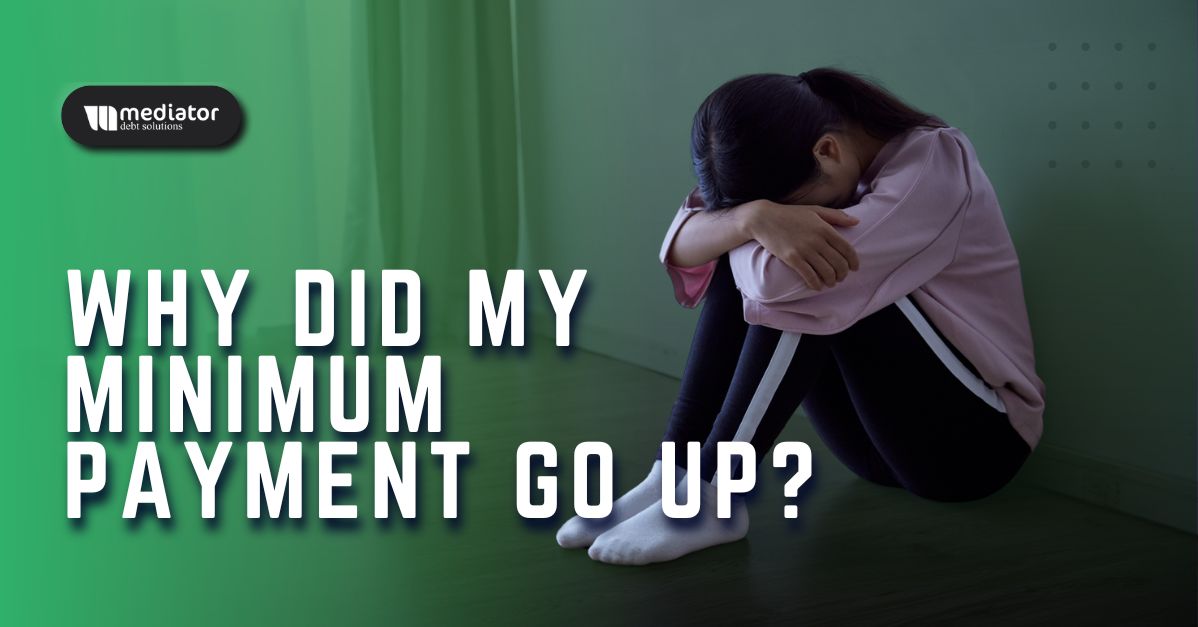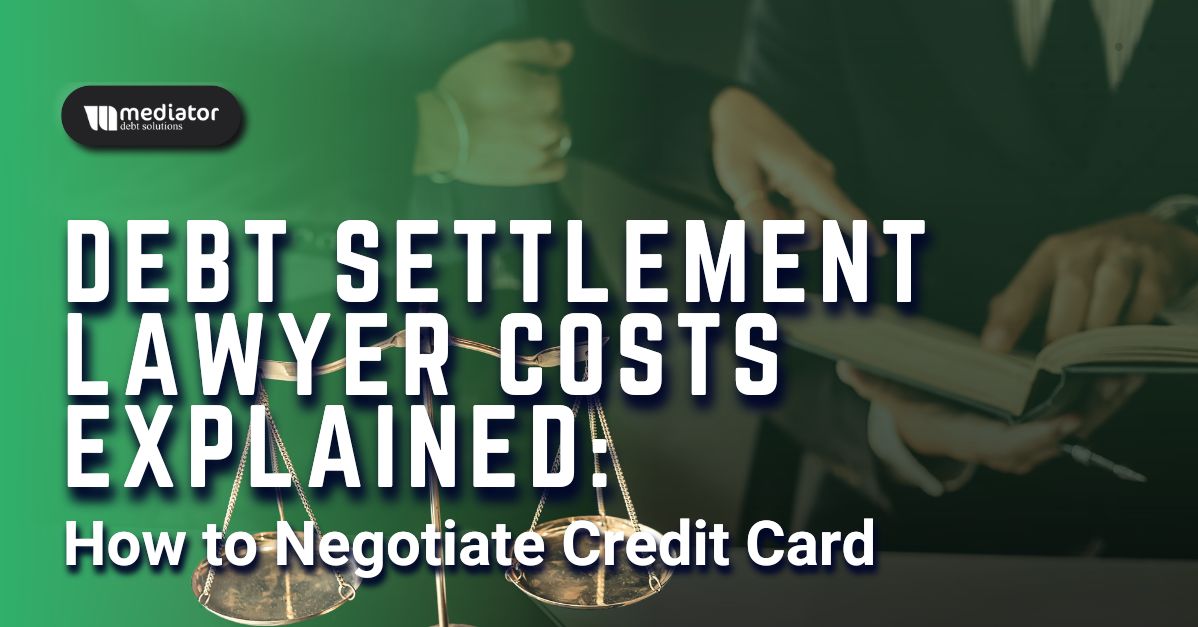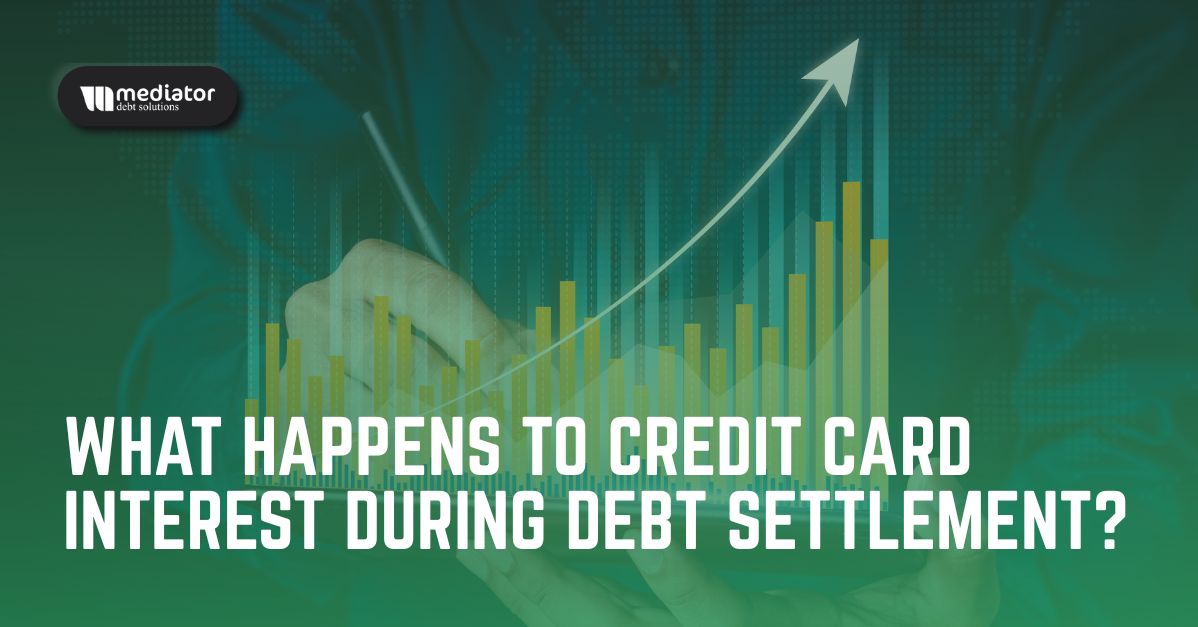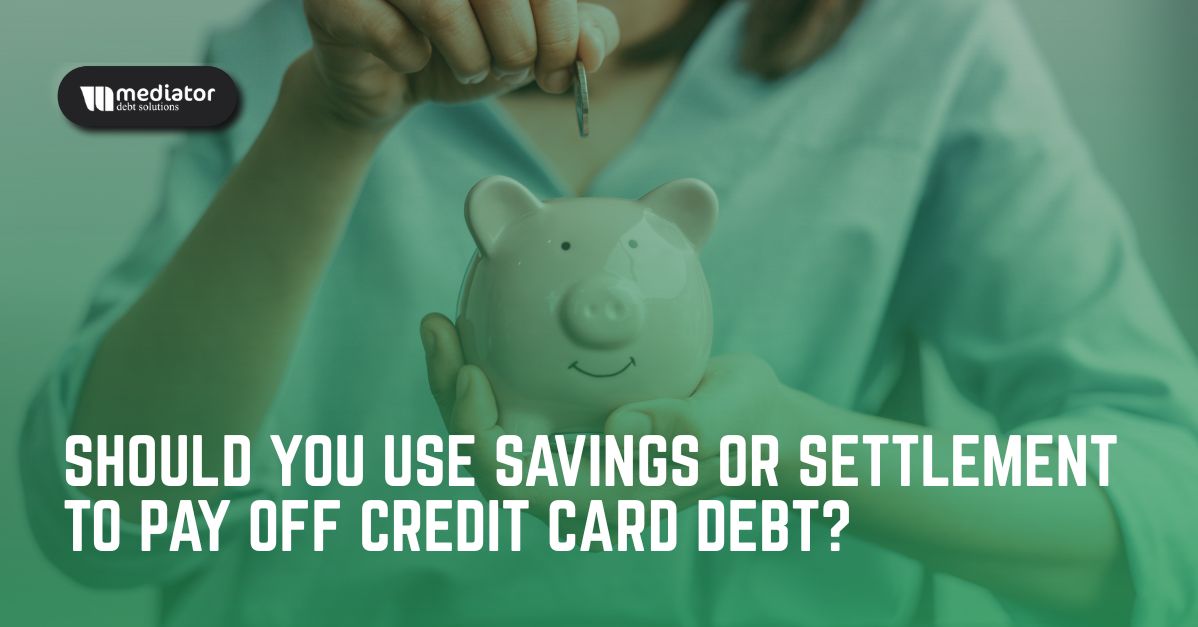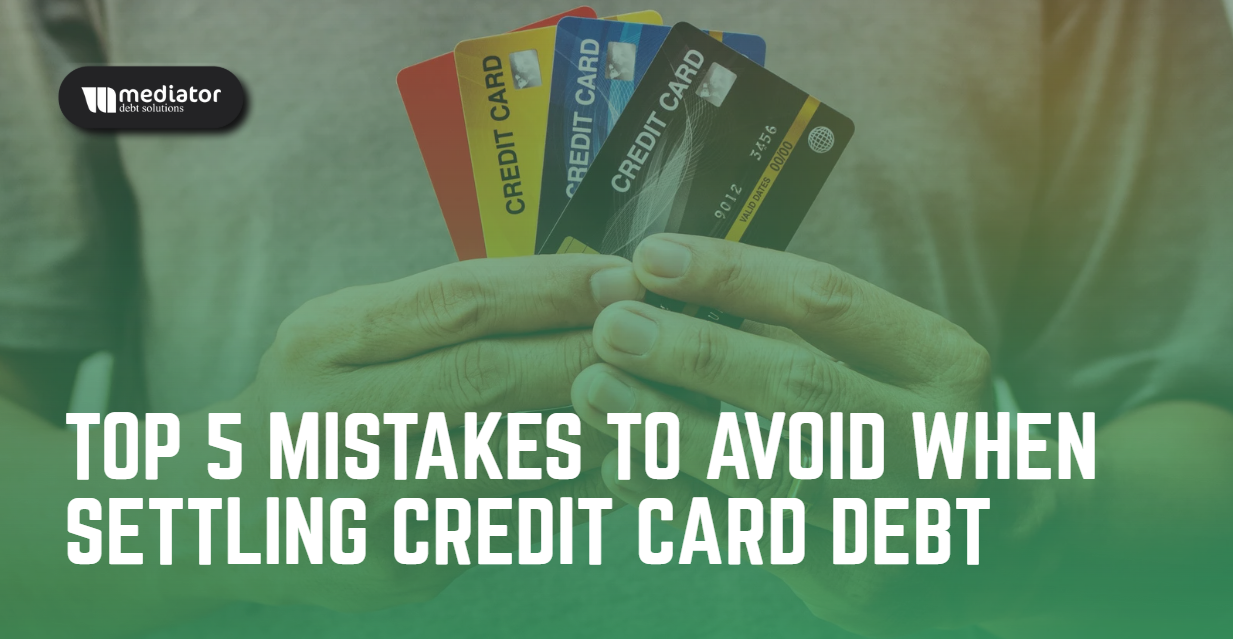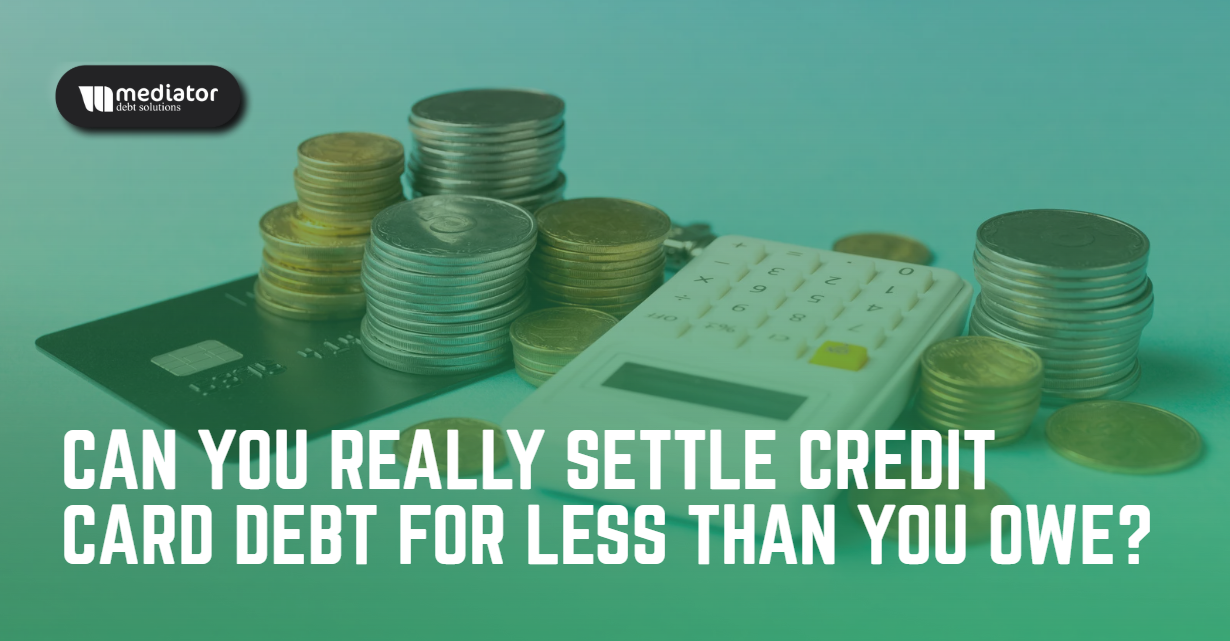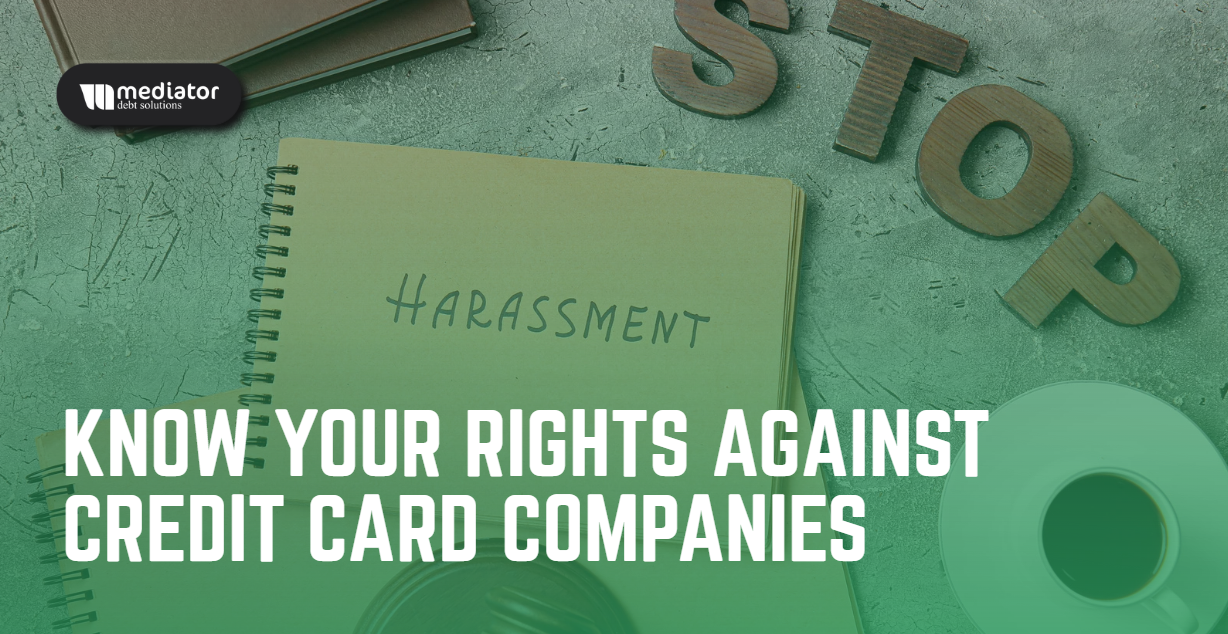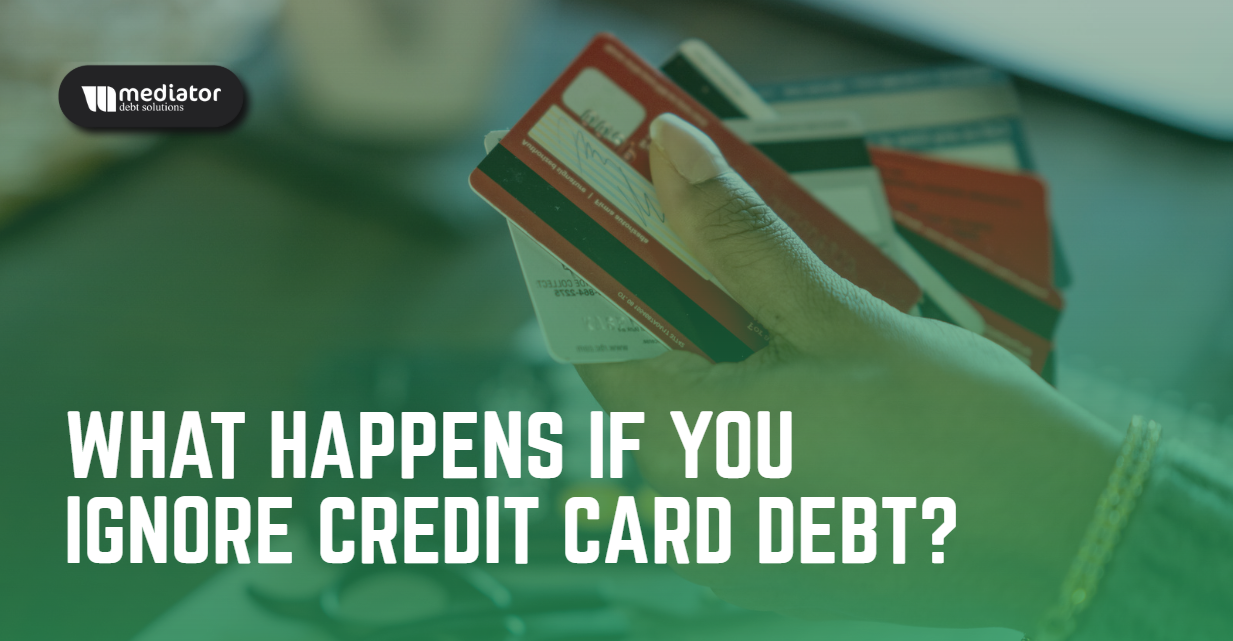Have you ever purchased something online or subscribed to something with a long list of terms and conditions and then clicked the “I accept” button without reading it? That happens to the best of us, and unfortunately, it occurs when we sign up for a credit card. Credit cards come with numerous terms and conditions. But there’s one that’s particularly vital to understand: minimum payments. Making minimum payments might help you avoid penalties and maintain your account in good standing when you can’t pay your bill.
Today we will discuss minimum payments and why my minimum payment is so high.
What Are Minimum Payments?
The minimum monthly payment on a credit card is the smallest amount you need to pay to stay in good standing with the credit card company. While you don’t have to pay off the entire balance each month, it’s strongly recommended to do so to avoid costly interest charges. Paying the balance in full before the due date prevents additional interest from piling up and keeps your account in solid financial health.
Credit card companies, however, have a business model designed to trap people in debt. Unlike a reputable lender, credit card companies don’t want you to pay off your balances fully. Instead, they encourage you to make only the minimum payments, as this is how they generate billions of dollars annually in interest alone. Consider this: $10,000 of debt with an 18.99% interest rate and a $200 minimum monthly payment would take more than 30 years. In that time, you’d pay $39,568—almost four times the amount you charged initially!
So, why is my minimum payment so high if I only signed up to pay for a certain amount?
Why Is My Minimum Payment So High?
So, to answer the question asked before, yes, your minimum payment can change even though you thought you’d only be paying a certain amount. Why? Well, it depends on your balance and account activity. Here are three common scenarios that can impact your minimum payment amount:
- Missing a Payment or Paying Less than the Minimum
If you miss a payment or pay less than the required minimum, you may be charged a late fee, increasing your balance on the following statement. Some credit card companies may also raise your interest rate if you miss a payment, which can increase future minimum payments. Missed payments may also be reported to credit bureaus, potentially affecting your credit score.
- Paying Only the Minimum
But isn’t that the whole deal of making minimum payments? Although making only the minimum payment keeps your account in good standing and helps you avoid late fees or penalties, this approach will cost more in interest over time than paying more than the minimum.
- Paying More than the Minimum
The Consumer Financial Protection Bureau recommends paying your full balance each month or as much as possible to avoid interest charges. Even if you can’t pay the entire balance, paying more than the minimum each month will reduce your total balance faster, lowering the interest you’ll pay overall.
While cardholders can opt to make only the minimum payment each month, it’s best to spend wisely and aim to pay off the full balance every month. The minimum payment is the lowest amount the credit card issuer will accept; it’s not intended to help you pay off your balance without raising interest. You can avoid unnecessary costs and keep your finances on track by paying in full each month.

